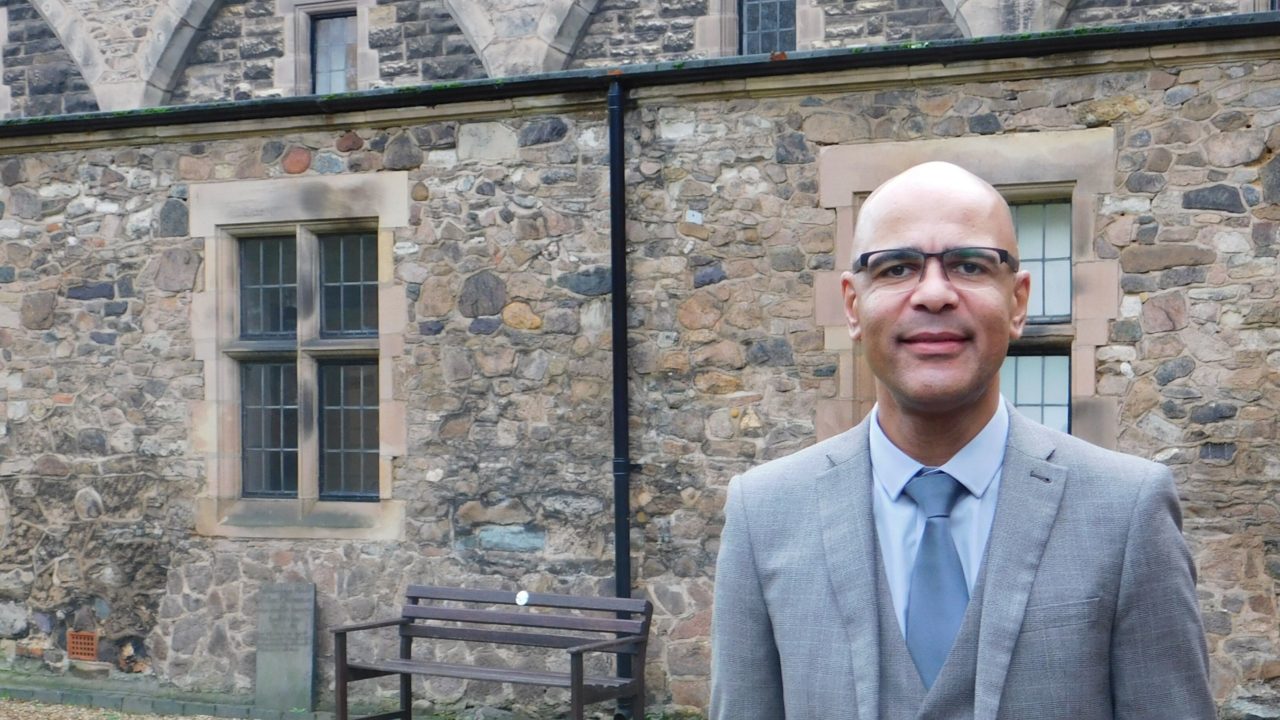Meet our Members: Ben Browne
Ben Browne, Chief Operating Officer at De Montfort University gives us insights into his progression into HE and what he finds most inspiring about the sector.


What’s your HE history?
My route into higher education was not a traditional one. I left school after performing poorly in my O-levels, as a result of a lack of effort, and went onto complete a BTEC before getting my first job at Nottingham City Council.
Whilst at the city council I had a boss who saw something in me and believed in my potential. He strongly encouraged me to continue my education, which led me to apply for a place at what was then Nottingham Trent Polytechnic to study the Chartered Institute of Personnel and Development (CIPD) professional course, whilst I continued to work.
Whereas I had not enjoyed school, I loved HE. I found it empowering and really enjoyed the autonomous learning environment. I went on to complete a MA in HR Strategy.
By the time I joined DMU in 2010 I had accumulated many years of Director level HR/OD experience in further education, local government and the NHS. I made the move to HE because the sector was on the cusp of seismic change and I wanted to be part of that.
What does your current role and remit encompass?
As DMU’s Chief Operating Officer (COO) I am responsible for the majority of university’s Directorates (ITMS, Estates, HR, Student and Academic Services, Legal Services, Strategic Planning Services, International Operations, Marketing and Communications) but operationally my remit is far wider than that. I can be asked to undertake any task which DMU deems to be a priority.
This has given me the opportunity to feed into key projects and work with talented colleagues across the university, whom I may not otherwise have met. Examples of projects I have undertaken as COO include leading the first phase of our Freedom to Achieve programme to address the attainment gap between white students and students of colour; and establishing an International Pathway College on campus.
What does a typical day look like for you in your role?
Like most leaders in HE, I spend the bulk of my day in meetings. A typical working day is a long one, and I suspect many colleagues in HE will recognise the pattern of peaks and troughs aligned to the academic cycle.
I try to create time where possible during the working day for strategic thinking, but often this is done at home or on the commute to work. I regularly attend our open days to meet prospective students and really enjoy participating in our graduations ceremonies.
What do you find most enjoyable and/or challenging in your role?
The most enjoyable parts of the role are those when I can have a direct effect on the student experience, whether that is through lecturing, presentations or mentoring. What attracted me to DMU was its commitment to widening participation, perhaps because it resonated with my own experience.
More than half of our student body are from BAME backgrounds. Many students are likely to be the first in their family to attend university. I believe the support we have in place at DMU, combined with the outstanding teaching and the opportunities provided give our students an exit velocity that they would not otherwise have had.
DMU faces the same challenges as most universities, principally the intense competition for students. While we are doing well currently, we cannot afford to be complacent and must always be striving to evolve and improve student satisfaction rates.
What are the current challenges for your institution?
One challenge DMU has set itself is to continue to close the attainment gap between white middle-class students and students of colour. This is an issue which is not confined to DMU but one in which we have made significant strides.
Our focus on this area has already made DMU a sector leader but we cannot rest on our laurels. Last month (November) we launched Decolonising DMU, our institution-wide approach to investigate and challenge factors behind the gap to further drive down the gap.
That is perhaps what I like best about working in HE and DMU: a willingness to challenge convention through research and learning.
What do you think are the biggest changes ahead for HE?
We appear to be a political football and until we get a settled political situation and hear the Government’s intentions for HE, it is very hard to plan.
Brexit and rhetoric around immigration has certainly affected the way in which we are perceived by the rest of the world. Since the referendum, when I have been overseas speaking to potential partners and students, I have faced questions about the UK’s appetite for international students.
I do believe that the sector can, if given resources it needs, meet student expectations and deliver a knowledge-based economy. The impediment to that is a lack of political clarity.
Who has been your inspiration?
My father. He has been an inspiration in his own career as a senior officer in local government. Throughout his life he championed equality and diversity in the community and even after retirement continues to work tirelessly to break down unfair barriers.
